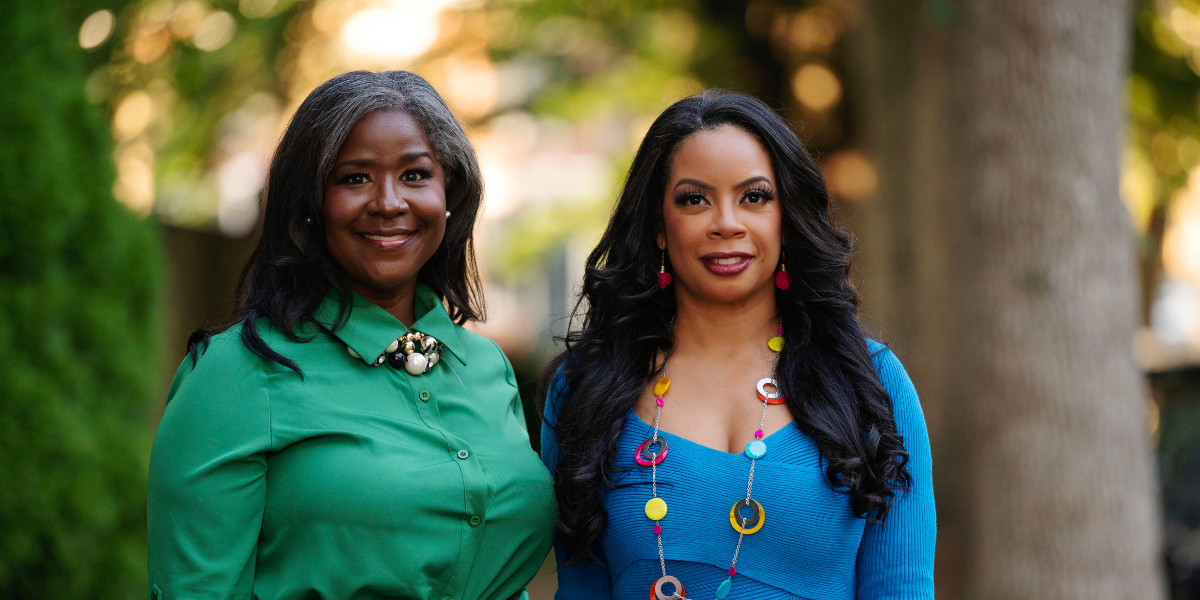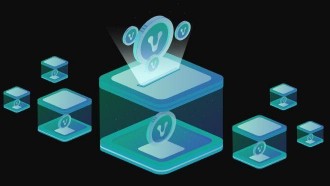
We don't know what we don't know until we know. Many women and black, indigenous people of color (BIPOC) haven't had the same opportunities, same education, nor been encouraged to talk about money in the same way that white men have been taught. These barriers have traditionally caused women and people of color to make materially fewer investments than their white male peers. Consequently, only 38% of investors are women, whereas 62% are men, and only a fraction of people of color are investors. As Sharon Gless, the executive producer of the documentary "Show Her The Money," shares, "I was raised that talking about money was in bad taste. Men talk about it all the time."
Co-founders of Margins Capital, Stephanie A. Dorsey and Dr. Michele Dozier, hope to break down the barriers that have traditionally kept women and BIPOC from alternative investments and significant wealth-building opportunities. Stephanie explains, "I don't want to say that we've been intentionally excluded from these types of investments (at least in the last few decades), but many of us still might not be aware that there's this big shift that's happening where individual investors will be the next frontier of growth for alternatives. We believe that our target audience should benefit from all these wonderful opportunities. This is the purpose of Margins. We want to make sure these folks get access to alternative investments to grow their wealth in conjunction with everybody else that is growing theirs."
Stephanie adds, "We believe that women and BIPOC investors should be able to invest at their comfort level in an institutional quality portfolio of alternative assets." She believes that by providing these opportunities, a secondary benefit will ensue: a material decrease in the racial and gender wealth gap.
There is a growing interest in alternative investments, like real estate, private debt, and private equity that historically only high-net-worth individuals, institutions, and captains of industry could access. In contrast, Stephanie explains that women and people of color often face four barriers that prevent them from investing in alternatives. Margins Capital is working to remove these barriers expressly.
The First Barrier
The first barrier is that the minimum investment for most alternatives can be almost impossible for many. Stephanie's personal experience with this barrier was inspirational to founding Margins Capital. A wealthy white male friend asked if she had any rich friends who wanted to invest in a venture capital fund. Two issues arose. The first was that even though Stephanie had a law degree, an MBA, and a lucrative career, she didn't consider the opportunity because, in her mind, she wasn't rich. She now wonders how many other women and BIPOC investors think alternatives aren't for them because they aren't rich. The second issue was the investment minimum, which was $200k for individual investors. The only way she could invest was to co-invest with another friend who put in most of the minimum investment.
When she shared her decision to invest with a network of professional black women making $175-550K per year, they were initially interested, but like Stephanie, they didn't consider themselves rich. And they were not comfortable with the minimum $200k investment.
"It just really bothered me that these people (including herself) who are successful by all other criteria still cannot get across that threshold to invest in something like this. And so that's what motivated me to solve the problem. I am a product manager by trade, we figure out what problem a consumer has, and then we figure out how to build something to solve that problem."
The Second Barrier
A second barrier for many women and BIPOC investors is accreditation status. Accredited investor status is a regulatory financial requirement set by the U.S. Securities and Exchange Commission (SEC) that determines who is eligible to invest in certain types of private investments, like venture capital funds. "At the time of that investment, I was not an accredited investor. I had just crossed the $200,000 threshold. But you have to have been there for over two years, and so I still wasn't there."
This regulatory requirement is supposed to ensure that individuals who invest in high-risk, private investment opportunities have a certain level of financial acumen since these investments can be riskier and less regulated than traditional public market investments. Unfortunately, this rule unintentionally (or not) excludes many women and BIPOC investors who are savvy enough to invest in private investment opportunities but might not earn enough money to be considered. To solve this problem, Margins Capital is registering with the SEC as a public fund, which allows it to offer investment opportunities to a broader pool of investors. It also solves barrier one because being a private fund allows it to accommodate a larger number of investors. That scalability then enables them to accept smaller investments, like a $2000 check, which is a lot more doable than $200k.
The Third Barrier
They always say, 'It's all in who you know.' That is certainly true in the case of alternative investments. Stephanie explains, "most of the time, access to these funds are only offered in certain networks. Like that friend who came to me." Margins Capital eliminates this barrier by being available to everyone and sharing its extensive network and connections in the alternative investment world with its investors.
The Fourth Barrier
It isn't wise to invest in something one doesn't know about. Education is the fourth barrier that Stephanie and Michelle are tackling at Margins Capital. Stephanie explains, "Folks have been left out of alternatives for the last 170-plus years; therefore, they might not even know which asset class they want to invest in! They have heard of venture capital, but if they don't work in venture, why would they know if venture makes sense for their portfolio versus private equity, private debt or real estate?"
Stephanie elaborates. "We're going to invest in many different asset classes, which will allow us to mitigate risk through diversification. This will also give our investors access to different alternative asset classes without them having to pick and choose or having to do the due diligence on each deal on their own. We have a world class Chief Investment Officer and committee that will do everything for them and they get access to amazing deals."
Education is essential to their target investor. Stephanie explains, "Finance and investing can be very intimidating to a person that's not a quant jock, or for someone who hasn't gone to business school or doesn't work in finance. I want people to know that you don't have to have the same level of expertise as someone who works in finance. But before we take money from an investor, we want to make sure they understand the fundamentals of how alternatives work. The first step is providing digestible chunks of information via social media and meeting people where they are even if they are still at the beginning."
With Margins Capital, Stephanie and Michele are not just breaking down the barriers that have traditionally kept women and BIPOC out of the alternative investment arena; they are leading the charge for greater inclusivity in the alternative investment space and changing people's lives in the process by helping them reach financial freedom faster.
To find out more about investing in alternatives, go to Margins Capital.
* This is a contributed article and this content does not necessarily represent the views of techtimes.com








